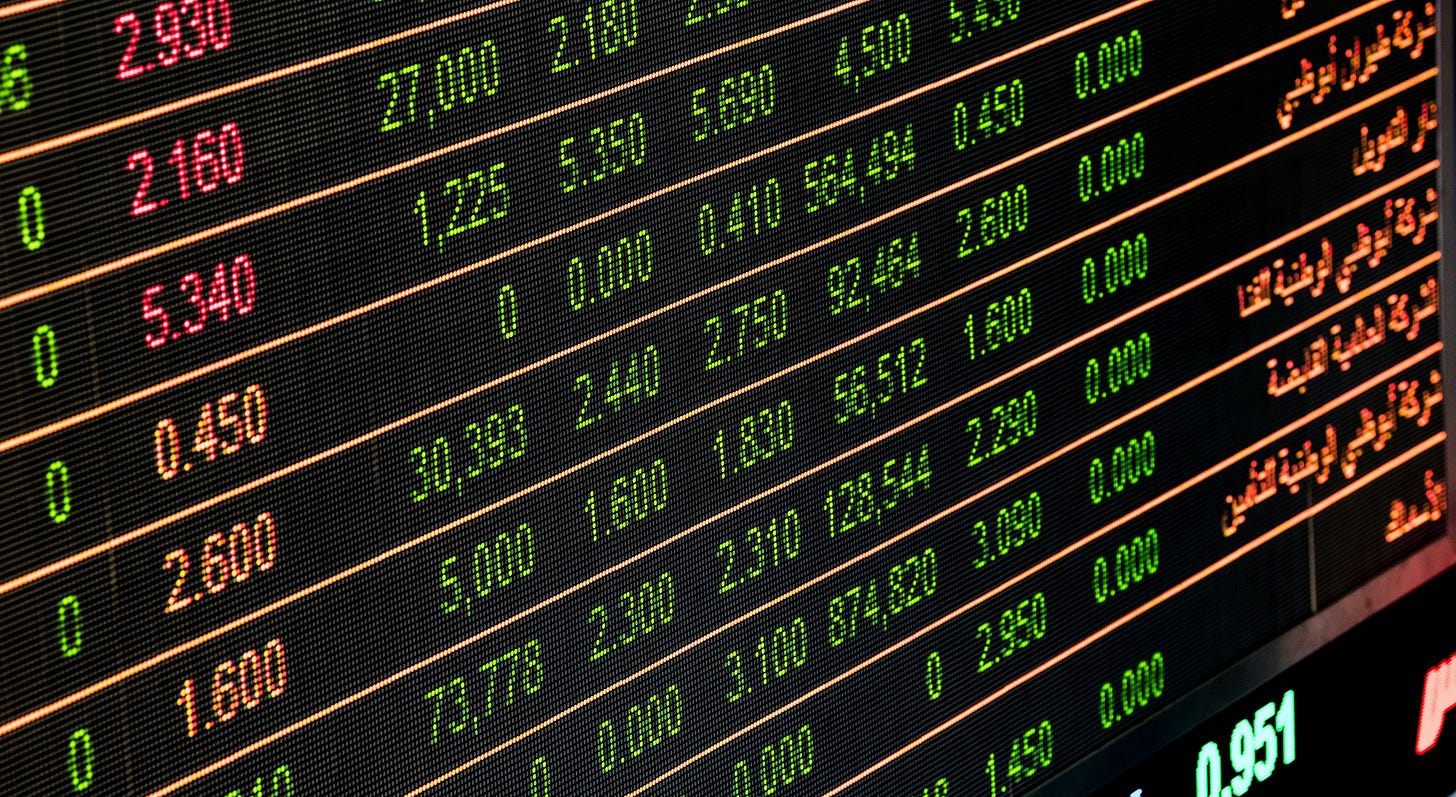Tension in the Middle East has emerged as a significant concern for Europe, one that may impact economic growth and prevent the European Central Bank (ECB) from meeting its inflation target of 2.0% as shipping costs increase and markets remain jittery about oil supplies.
The Yemen-based Houthi attacks on global shipping around the Red Sea, which accounts for 12% of global seaborne oil trade, have led to a global disruption that has weighed “heavily on already pessimistic economic forecasts” for Europe, according to the Arab Center Washington DC on April 5.
“The longer the attacks continue, the greater the residual impact, dampening the prospects for growth,” Jim Krane, a fellow for Energy Studies at the Baker Institute for Public Policy, wrote for the Arab Center Washington DC.
European Union (EU) policymakers have struggled to spur growth as higher interest rates, the Russian invasion of Ukraine, and inflationary pressure subdue confidence. EU economic growth stagnated in the fourth quarter at 0.0%, slightly below the projection of 0.1%, with annual average real GDP growth expected at 0.6% in 2024 and 1.5% in 2025, the ECB wrote in a March 7 staff macroeconomic projections report.
Continued strikes by the Houthis, an Iranian proxy, and regional turmoil are also impacting Europe’s largest shippers. A.P. Møller-Mærsk A/S (DKK: MAERSK-B.CO) has declined 26% year-to-date (YTD), while Switzerland’s Kuehne + Nagel International AG (SWX: KNIN) is down 17% since the start of the year.
ECB decision
Events in the Middle East have raised additional concerns.
Analysts fear that a further escalation in tension between Israel and Iran, coupled with the Houthi’s attacks, could impact global trade and security. Iran, with support from its proxies in Syria, Lebanon, Iraq, and Yemen, fired over 300 ballistic cruise missiles at Israel on April 13. With support from Western allies, Israel intercepted 99% of the projectiles.
“Risks to oil supply because of ongoing tension in the Middle East are at their highest since October last year,”
ING Global Markets Research said in a note published on April 17. “Any further escalation would only bring the oil market closer to actual supply losses.”
If attacks on freight vessels increase in the Red Sea, the “inflation and growth impacts would likely be bigger” in Europe, JP Morgan Wealth Management wrote in a report on April 19. “Outside of energy prices, obstruction to global supply chains via the Strait of Hormuz could add pressure to goods prices as companies try to pass on higher input costs.”
An increase in inflation would likely influence the ECB’s decision on interest rates in June, though the central bank has indicated that a cut is likely. "I think that we have been crystal clear: if things continue as they have been evolving lately, in June we'll be ready to reduce the restriction of our monetary policy stance," ECB Vice President Luis de Guindos said in his April 15 remarks.
As the market has likely priced that cut in, any offset data could result in heightened volatility. EURO STOXX 50 is up 9.1% YTD.
EuroStoxx50, SP 500, Crude Oil, returns year-to-date, Source: TradingView
‘New Phenomenon’
The assaults on shipping “present a new phenomenon in geo-economic conflict: a non-state actor using asymmetric warfare not just to fight conventional armed forces, but to also impose targeted economic sanctions by selectively attacking international shipping,” Krane wrote.
According to freight data analyst Vortexa, a detour resulting from Red Sea disruptions could lead to a 58% to 129% rise in the length of time it usually takes oil tankers to travel through the world's main routes, including India to Europe and the Middle East to Europe.
Transit through Egypt’s Suez Canal has declined dramatically from around 74 cargo ships per week to 35 vessels as of March 2024, according to the International Monetary Fund (IMF). War risk insurance premium, which was at around 0.05% before the crisis, is now between 0.75% and 1% of the insured value of the vessel, the Economic Times of India reported on April 22.
This has led multiple European companies, such as Maersk in Denmark, the Norwegian-Swedish company Wallenius Wilhelmsen, and France’s CMA CGM, to divert their shipments at great cost. The targeting of vessels by the Houthis “has created a skewed distribution of global trade between Asia and Europe.” Krane wrote.





